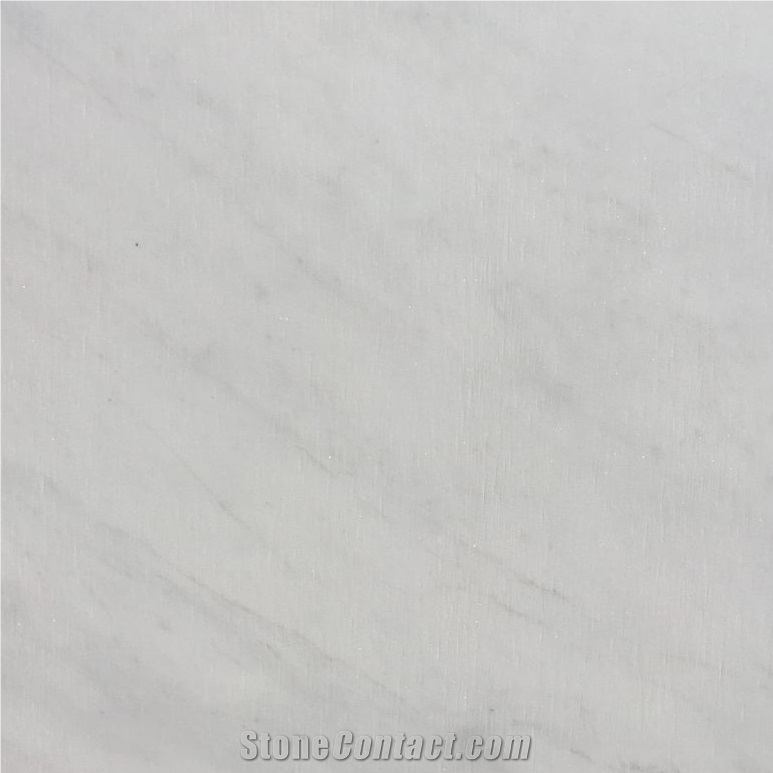Can Greece's Danae Venus Marble be used exterior applications in very rainy climates?
The Danae Venus Marble is a type of white marble that is known for its elegance and versatility. While it is commonly used for both interior and exterior applications, its suitability for rainy climates depends on various factors.
Marble is a natural stone that is formed through the crystallization of limestone. It is generally a durable material and can withstand a certain amount of moisture and rainfall. However, excessive exposure to water and moisture can cause damage and deterioration over time, particularly in climates with freezing and thawing cycles.
In very rainy climates, it is recommended to consider the following factors before using the Danae Venus Marble for exterior applications:
1. Porosity: Marble is a porous material, meaning it can absorb water if not properly sealed and maintained. In rainy climates, the marble should be sealed with a high-quality penetrating sealer to minimize water absorption. Regular resealing may be required to maintain its protective barrier.
2. Durability: The Danae Venus Marble is considered a hard and durable marble, but it is still susceptible to damage from heavy rain, acid rain, and other environmental factors. It is essential to choose a marble with suitable strength and resistance to withstand the specific conditions of the rainy climate.
3. Maintenance: Regular maintenance and care are important for preserving the appearance and longevity of the marble. This includes cleaning the surface with non-acidic and pH-neutral cleaners, avoiding harsh chemicals, and promptly addressing any stains or spills.
4. Slip Resistance: When using marble for exterior applications, it is crucial to consider its slip resistance, especially in rainy conditions. The marble should have a honed or textured finish to provide better traction and minimize the risk of slipping.
Ultimately, in very rainy climates, it may be advisable to consider other types of stone or materials that are specifically designed to withstand harsh weather conditions. Consulting with a professional architect, designer, or stone supplier can provide more specific guidance based on the local climate and requirements.
The Danae Venus Marble is a type of white marble that is known for its elegance and versatility. While it is commonly used for both interior and exterior applications, its suitability for rainy climates depends on various factors.
Marble is a natural stone that is formed through the crystallization of limestone. It is generally a durable material and can withstand a certain amount of moisture and rainfall. However, excessive exposure to water and moisture can cause damage and deterioration over time, particularly in climates with freezing and thawing cycles.
In very rainy climates, it is recommended to consider the following factors before using the Danae Venus Marble for exterior applications:
1. Porosity: Marble is a porous material, meaning it can absorb water if not properly sealed and maintained. In rainy climates, the marble should be sealed with a high-quality penetrating sealer to minimize water absorption. Regular resealing may be required to maintain its protective barrier.
2. Durability: The Danae Venus Marble is considered a hard and durable marble, but it is still susceptible to damage from heavy rain, acid rain, and other environmental factors. It is essential to choose a marble with suitable strength and resistance to withstand the specific conditions of the rainy climate.
3. Maintenance: Regular maintenance and care are important for preserving the appearance and longevity of the marble. This includes cleaning the surface with non-acidic and pH-neutral cleaners, avoiding harsh chemicals, and promptly addressing any stains or spills.
4. Slip Resistance: When using marble for exterior applications, it is crucial to consider its slip resistance, especially in rainy conditions. The marble should have a honed or textured finish to provide better traction and minimize the risk of slipping.
Ultimately, in very rainy climates, it may be advisable to consider other types of stone or materials that are specifically designed to withstand harsh weather conditions. Consulting with a professional architect, designer, or stone supplier can provide more specific guidance based on the local climate and requirements.
 Greece
(Granitis, Drama, East Makedonia, North-East of Greece)
Greece
(Granitis, Drama, East Makedonia, North-East of Greece)










 China
China
 Verified Supplier is for prove company authenticity,including business license,trade license and effective office space,to enhance buyers' trust to suppliers and their products, reducing communication costs.
Verified Supplier is for prove company authenticity,including business license,trade license and effective office space,to enhance buyers' trust to suppliers and their products, reducing communication costs.






